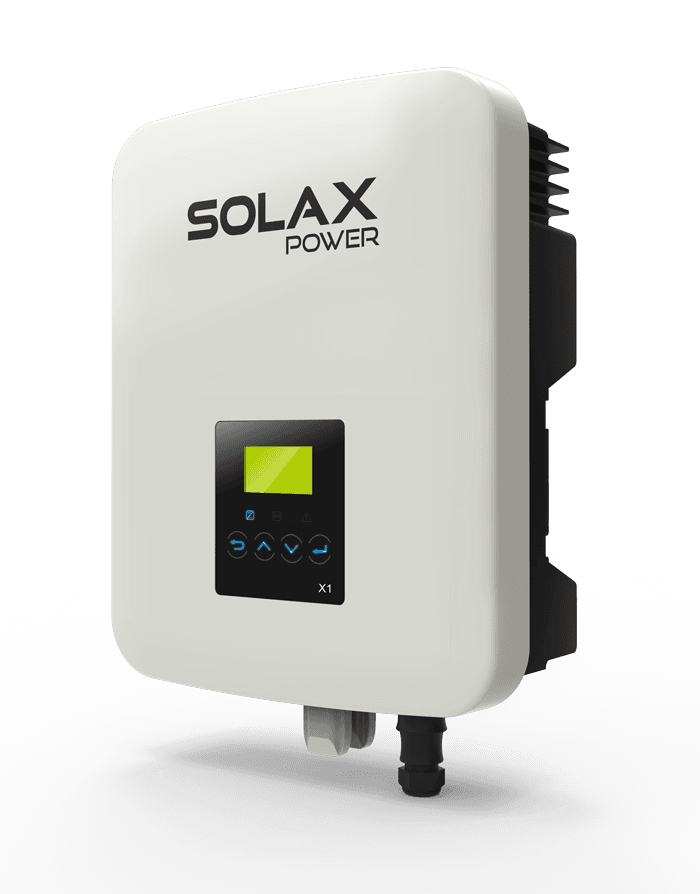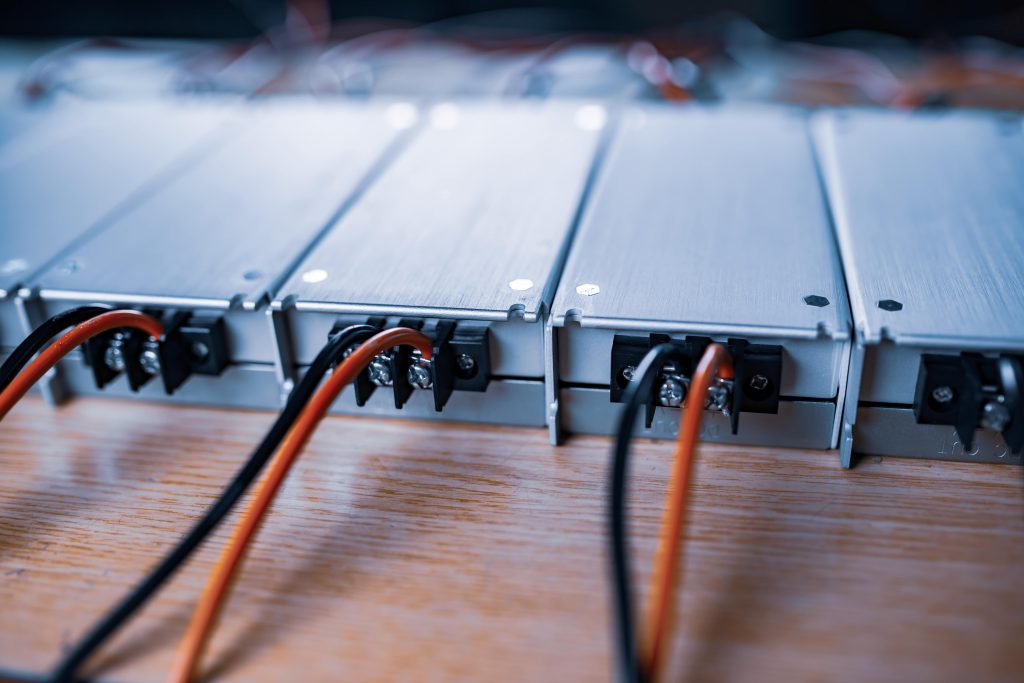What Role Do Solar Inverters Play In Your Solar Panel System?
All solar power systems need solar inverters to function. They are the element that converts the direct current (DC) power produced by the photovoltaic panels into alternating current (AC) power that is then directed to power electrical appliances, lights etc. Solar inverters tend to be installed either in between the solar panels and the property’s electrical panel, or as a component that’s built into a solar generator.
These inverters perform the vital DC to AC conversion by adjusting voltages to make them usable as electricity. They also monitor and optimise the solar panels’ performance. Without them, the system would be unable to function and you would be unable to benefit from renewable, clean energy directly sourced from the sun.
Different Types Of Solar Inverters
There are a number of different types of solar inverters that suit different properties according to their power needs or geographical position. Some come already built into a solar power system. Others are purchased separately and then installed on-site afterwards.
String Inverter
This is the original solar inverter technology and can be a more competitively priced option. An inverter links to a string of connected panels, turning DC energy into AC to use in the property. This is very effective – unless part or all of your roof, or the area where the panels are installed becomes obscured by trees or shade. In that situation, if one or more panels are not performing well, this will affect the entire system’s output and prevent the solar inverter from functioning.
Micro-Inverter
This is a far more recent innovation in solar inverter technology. Smaller, individual solar inverters connect to each panel, converting the DC energy produced into AC energy and then sending it on to be stored as usable electricity. Micro-inverters are a better option for shadier areas or difficult roof angles to navigate, as the overall system is not quite so reliant on every single panel receiving optimum levels of sunlight. They are therefore seen by many as being more efficient; however, the initial installation costs tend to be higher than string converters.
Hybrid Converter
This type of solar inverter, as the name might suggest, enables homeowners and businesses to use both solar electricity and power from the National Grid. While it still converts DC energy into AC power, hybrid solar inverters can also convert AC power from the National Grid into DC power to charge the batteries. The system tends to represent an easier option for retrofitting projects in difficult locations, as it takes up less room and is more straightforward to fit into an existing panel set-up. Hybrid converters normally need a connection to functioning grid power to work so will most likely not be operational during power outages.

Power Optimiser
This is technically not a type of solar inverter, but it does perform a vital role in how energy is monitored and converted. Power optimisers are connected separately to individual photovoltaic panels in the same way as a micro-inverter. However, they operate more like a combination of a string inverter and a micro-inverter. They increase the amount of energy produced by a solar power system by measuring the maximum power output of each separate panel and then adjusting its DC characteristics so it can produce the most energy possible. Ideal for areas experiencing a lot of indirect sunlight and shade.
How Big Is Too Big For A Solar Inverter?
The best size for a solar inverter will depend entirely on how big the rest of the solar power system is, the size of the property it is servicing and the weather conditions that the photovoltaic panels are exposed to. It is vital to select a solar inverter that is big enough to cope with the DC to AC conversion demands put on it by the output from the solar panels. Go for something too large or powerful, on the other hand, and this will result in paying for excess capacity that may not be needed to power the property.
Always ask a solar panel expert for advice when choosing which solar inverter to buy. They can assess your property, its location and your electricity needs and make an informed recommendation. There are also inverter size calculator tools available online to help you work out exactly what you need to order.



